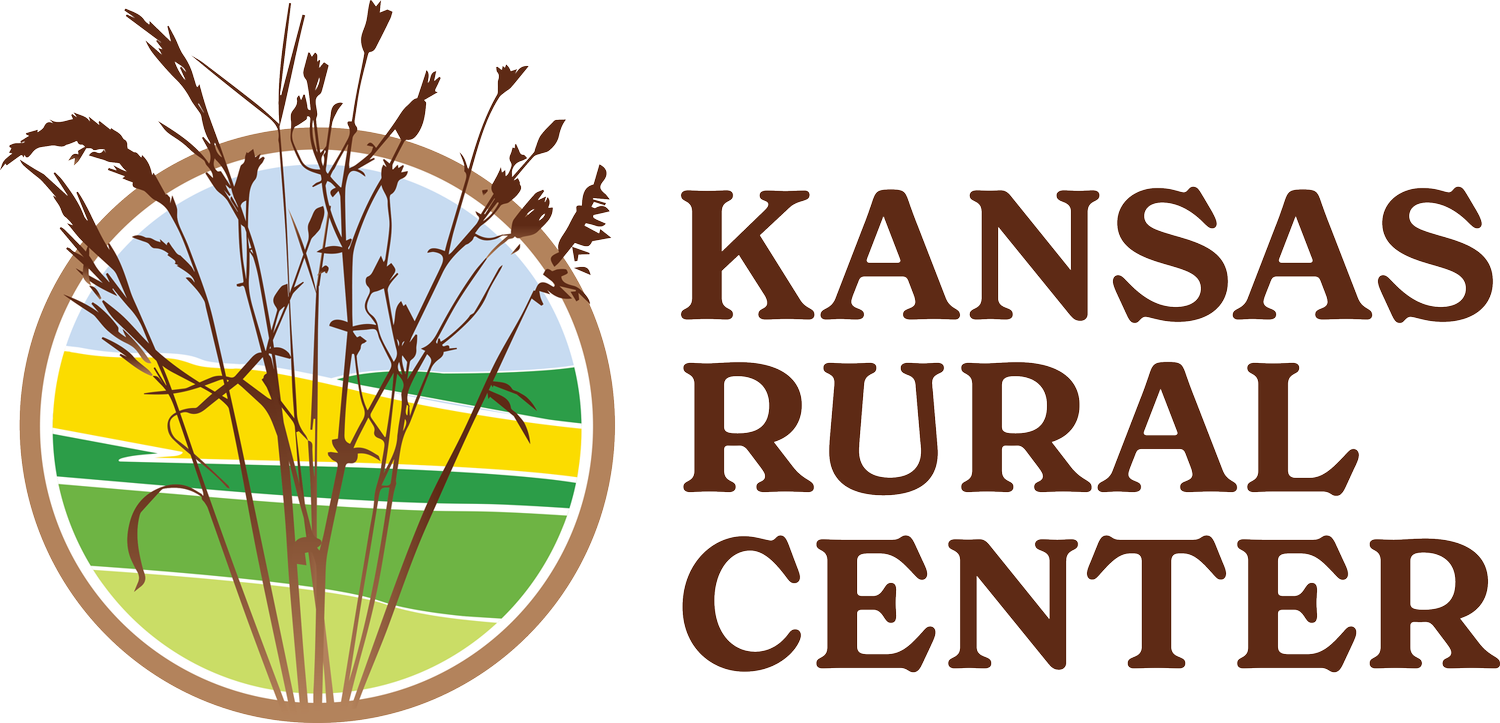From Loaves to Livelihoods
Small businesses are the backbone of many communities, providing not only services but also employment, a sense of place, and a connection to the people who live there. In the corner of Southeast Kansas, in the heart of downtown Pittsburg to be exact, there exists such a place that embodies these values—TOAST LLC and its bakery, Pittsburg Bread Company. This small business not only serves delicious, locally made bread and meals, but also plays a pivotal role in the community by providing jobs, supporting local farmers by sourcing 85% of their ingredients directly from them, and offering programs to feed those in need. Yet, like many food and farm businesses, TOAST has recently faced unexpected challenges that threatened its operations and the people it serves.
TOAST, owned by Roger and Heather Horton, is a staple of the community with two core aspects of the business: a restaurant serving their house-baked bread and fresh meals, and Pittsburg Bread Company, a separate bakery producing artisanal bread for TOAST as well as retail sale. They are the only artisan bread bakery in Southeast Kansas sourcing Kansas-farmed wheat. Their mission is not only to offer delicious food but to support the community in meaningful ways, including their “Spread the Loaf” program, which provides fresh bread to food pantries in their county, reaching underserved populations.
In early 2024, TOAST applied for the Resilient Food Systems Infrastructure (RFSI) grant, intending to purchase critical equipment to increase production and make their products more accessible. The funding was requested to help bring local food to underserved areas, support small-scale farmers, and strengthen the food system in their home of Crawford County. “The goal with our grant was to expand production, which would allow us to better serve the community, and to strengthen the local food system,” Heather explained. “We wanted to purchase equipment that would allow us to bake more, distribute more, and reach more people—primarily in underserved areas.” At the end of 2024, the Hortons were overjoyed to learn their project had been selected for funding. After signing their official agreement with the Kansas Department of Agriculture (KDA), they began investing in their expansion. However, in March of this year, TOAST and all the other recipients were blindsided by a sudden pause in the RFSI program when the USDA placed reimbursements under review.
The halt created a financial limbo. TOAST had already invested heavily in equipment, with plans hinging on the expected reimbursement. “The worst part of that time was the uncertainty,” Roger said. “We worked hard to secure this grant, carefully planning how to use the funds to strengthen our business and our community. But suddenly, we were left trying to fill a massive financial gap. It was a disruption to everything we had planned.” “The emotional toll was significant,” Heather added. “The work we do isn’t just about food; it’s about people. Spread the Loaf isn’t just charity; it’s about ensuring food-insecure families have access to wholesome, artisan bread. Losing the funding—even temporarily—wasn’t just a financial setback. It was a setback to a vision.”
Now, in April 2025, there is cautious optimism. The Kansas Department of Agriculture has resumed processing reimbursements for eligible expenses after January 19, despite the USDA not yet issuing formal notice of resumption. The future of the grant still comes with uncertainty, but for businesses like TOAST, this cautious restart is a welcome step forward. “We’re hopeful, but we know we have to remain cautious,” said Heather. “We’ve had to adjust plans, work leaner, and rely even more on our community—but we’ve never stopped moving forward.”
Through it all, TOAST has continued to receive strong community support. Locals have rallied behind the business—buying bread, supporting Spread the Loaf, and offering kind words and encouragement. But challenges remain. Misunderstandings around grant funding and the role of small businesses persist. “One of the biggest misconceptions is that grants are just free money for failing businesses,” Roger said. “In reality, we applied to grow—responsibly—and to serve more people. The process is rigorous. We had to invest our own money up front, and there are mountains of paperwork. It’s not a handout; it’s a partnership.”
Despite the uncertainty, Roger and Heather remain grounded and resilient. “We were doing this work before the grant came along, and we’ll continue doing it with or without the funding,” Heather emphasized. “We’ll make it happen because we are resilient. When we see an opportunity to make a difference, we don’t wait for permission. We push forward.” Looking ahead, TOAST is advocating for greater transparency and communication from the organizations involved. Small businesses simply can’t absorb the shock of frozen funding alone. “We need honesty, clarity, and advocacy,” Heather said. “If we’re all in this to strengthen local food systems, then we need systems that don’t leave their strongest community partners in the dark.” TOAST’s journey is a story of vision, disruption, and renewed hope. It’s also a reminder that small businesses aren’t just economic contributors—they’re builders of trust, connection, and resilience.
“What we hope people take away from this is that small businesses aren’t just about profit—they’re about people,” Roger said. “Food should do more than just fill stomachs—it should nourish lives. We’re here to build something meaningful and create a better future for the people around us.” For those looking to help, now is the time. Supporting local food and farm businesses is about more than shopping local—it’s about protecting the fabric of community life and standing together when things get tough.
Visit Roger and Heather at their shop and online at:
facebook.com/TOASTinPITT/
and
https://toastinpitt.square.site/




